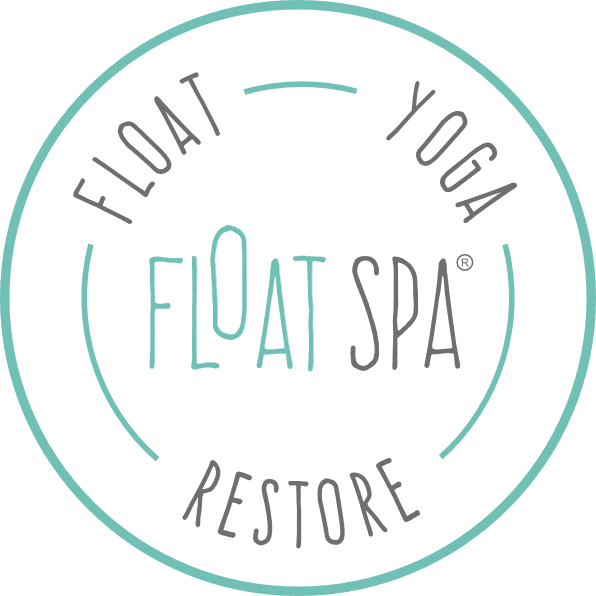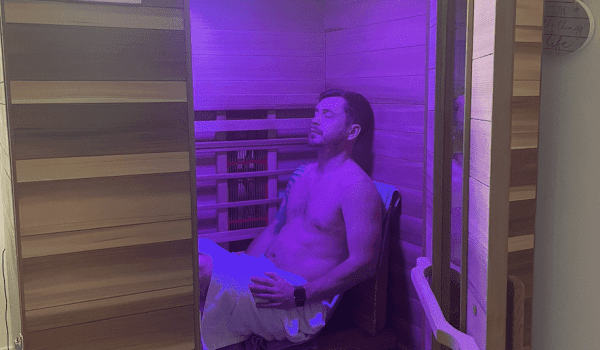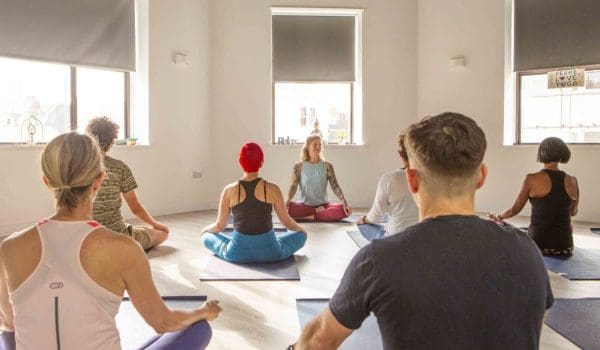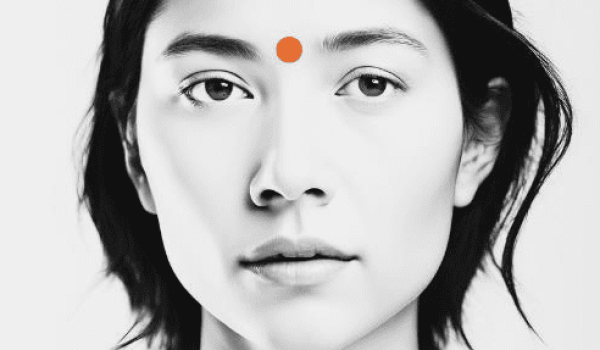One in three people in the UK are affected by insomnia at some point in their lives according to the government Public Health Matters website.�Not only is it a horribly unpleasant thing to suffer with, this website also points out that it costs the UK £30billion a year and that better sleep is the biggest single contributor to living better.�Everyone is different when it comes to what helps them sleep but here at The Float Spa, we have some things you can try to beat insomnia and feel better in your day to day life.
Floating
Most the people who try our float pods report getting a great night’s sleep afterwards and those who float regularly tell us their sleep drastically improves.�It makes sense it would help with insomnia if you think about the main reasons people suffer from poor sleep.�Chronic pain or even just stiff muscles can make it very hard to get comfortable in bed so the pain relief and muscle relaxing that happens when you float free from gravity in our pods make it easier for you to sleep comfortably.�Stress is another huge enemy of sleep so the calming effect floatation has on the mind, with the total lack of external stimulation, can relieve stress and make it easier to sleep.
Meditation
Calming the mind is a very important factor in helping people with insomnia as so many sufferers report racing thoughts while they’re trying to sleep.�Meditation is particularly effective at letting people take back control of their minds to stop that incessant chatter and we offer Yoga Nidra as a form of meditation which is particularly good at helping people to relax.
Yoga
The combination of stretching to relax muscles, exercise to release endorphins and focusing on breathing to quiet the mind make regularly practicing yoga a great way to combat insomnia.�The National Sleep Foundation in the United States recommends yoga to people struggling with insomnia but point out, and we agree, that certain types of yoga are best suited to different times of the day.�Energetic styles like Vinyasa Flow Yoga are best done earlier in the day or with plenty of time before bed whereas the�more laid back styles like Gentle Hatha or Yin Yoga are good to do before bed.
Massage
Having a massage is another good way to help you get comfortable in bed.�By easing away aches, pains and muscle tightness, you’ll find it easy to find a sleeping position it’s easy to drift off in. Massages also release ‘feel good’ hormones like serotonin and oxytocin while reducing stress hormones like cortisol so can help you deeply relax before going to bed.
Sleep experts also talk about the importance of having a bedtime routine and going to bed at a similar time each night to let your mind and body prepare to sleep.�They also say that it’s best to leave all electronic devices outside the bedroom and to avoid screen time before you go to bed.�These tips along with the above treatments and techniques should help to tackle insomnia but you need to find the right way for you. If you would like to try any of our treatments or our yoga classes, including Yoga Nidra, call us on 01273 933 680.










